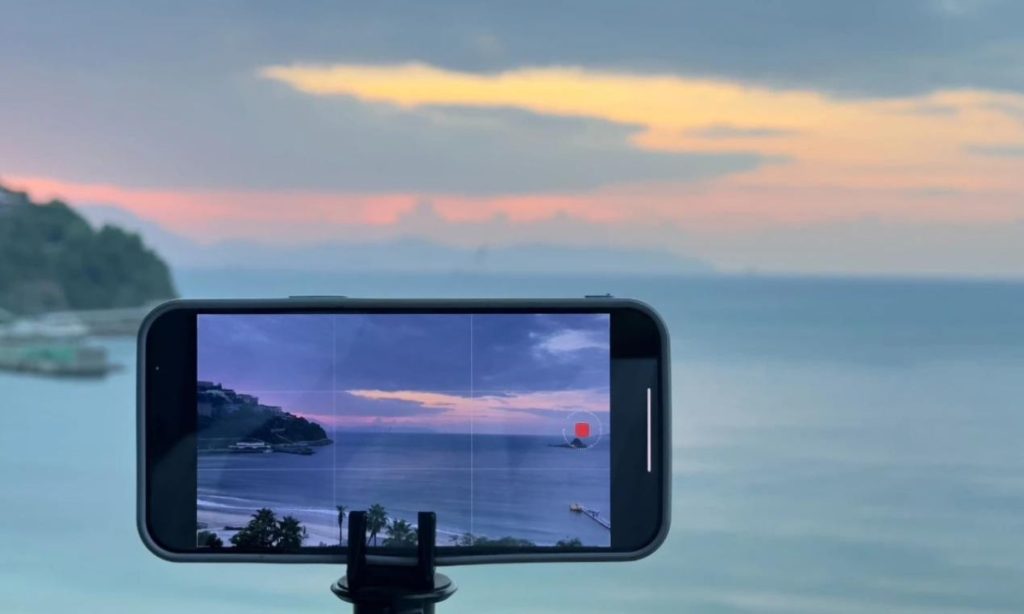China's top state security authority warns sea-view livestreams may leak military secrets

China's Ministry of State Security (MSS) on Saturday revealed a national security case in which a merchant promoting sea-view properties via livestream unknowingly exposed sensitive Chinese naval operations, warning that livestreaming can become a window for leaking state secrets.
According to MSS, to promote sea-view properties and tourism projects, a merchant conducted multiple livestreams on a short-video platform. However, due to a lack of awareness regarding the surrounding area's classified status, the merchant used a sensitive Chinese military maritime zone as the backdrop, livestreaming key scenes of a critical naval port.
Over a span of two and a half months, the merchant conducted dozens of livestreams, each lasting several hours, resulting in the continued exposure of the berthing and movements of several naval vessels.
Following a tip-off, the local national security authorities halted the livestreaming activities, ordered the deletion of previously broadcast videos, and took legal action against those responsible.
The national security authorities then launched a special inspection to address confidentiality risks around the naval port, asking hotels, guesthouses, residential buildings with sea-facing rooms or viewing platforms which have a direct line of sight to the naval port to set up warning signs such as"No Photography" and "No Drone Flights." These establishments were also required to fulfill their duty to inform guests and residents.
MSS warned that the merchant's unintended actions could be easily exploited by hostile foreign actors, turning a seemingly ordinary sea-view livestreaming into a real threat to China's national security.
MSS pointed out that the scheduled, fixed-point, fixed-angle livestreaming can serve as a free and convenient "online observation platform"for foreign spy agencies. MSS' investigations revealed that one such agency had instructed its domestic operatives to monitor such livestreaming and collect information on China's sensitive military zones.
The sensitive content exposed during livestreaming can even help foreign intelligence agencies locate and identify physical surveillance points, said MSS. In one livestream from a sea-view guesthouse, there were viewers directly asking questions such as "Is that a naval port across the water?" and "What's the link number of the room you're in?"
MSS said that such questions could effectively guide the way for foreign spies, turning livestreaming into cost-free, effortless, and maintenance-free sources of intelligence.
The MSS reminded the public to be mindful of their geographic location and surroundings when livestreaming or filming short videos, to avoid creating security risks. Sensitive content must never be used as clickbait or a means to gain online attention.